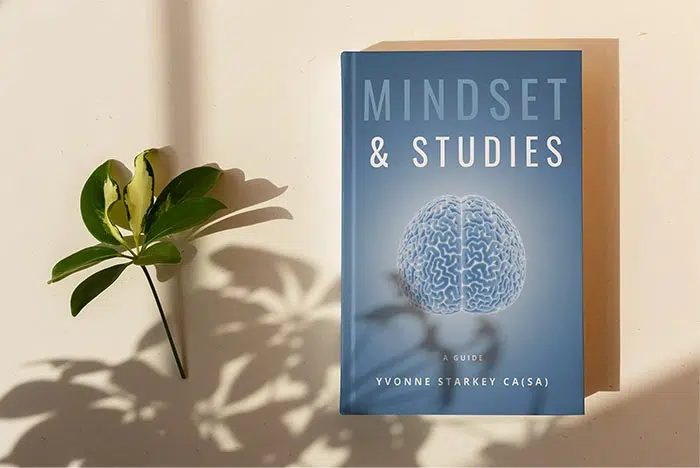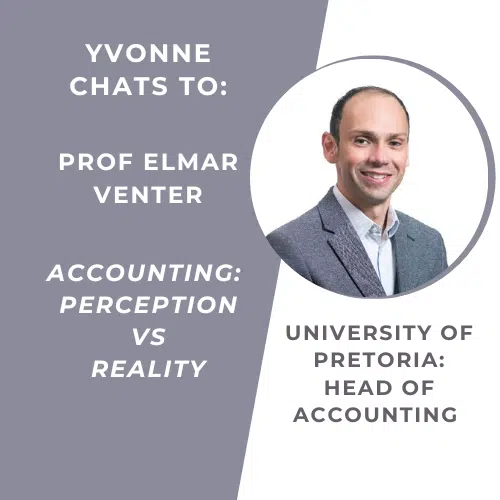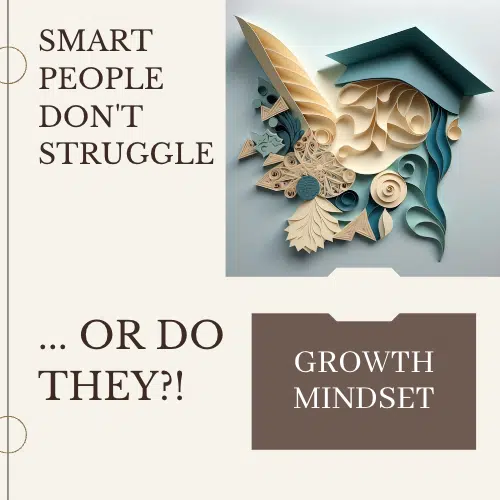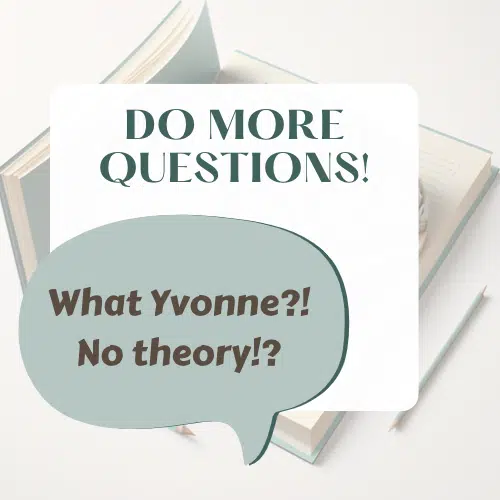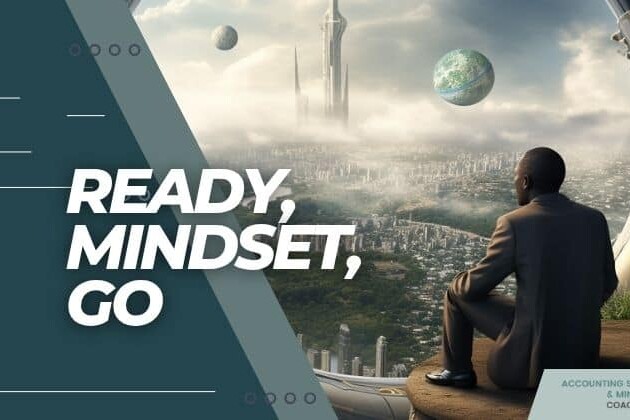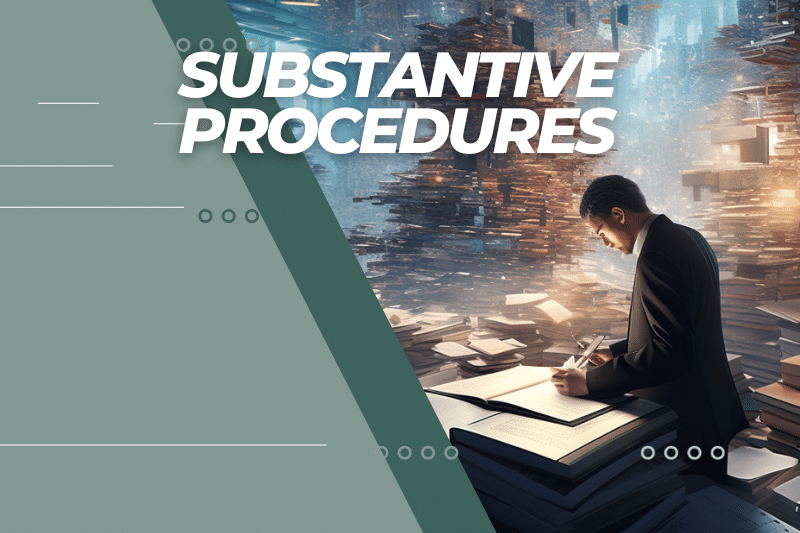"How should I study accounting to make sure I pass?"
I’ve lectured thousands of accounting students at various levels over the last 15 years, and I get asked this all the time.
There’s a LOT of advice, tips, study hacks and info out there. My advice takes a different approach designed to help you with your next exam, but also the rest of your studying and career.
Before you start…
Make sure you know what the exam expects you to be able to do with all the topics you’re going to cover.
Beware though. It’s easy to just focus on “What do I need to do to get through THIS exam?”, but the goal is to learn skills and knowledge to build on and WORK WITH.
‘Hacking’ your way through this exam, only to have to start again for the next year because you never really learnt it, isn’t smart. It isn’t just about exam technique.
I know you’re keen to get into your textbooks and create your study plan, but let’s make sure that you’re going to get the most out of those study sessions before you jump into them! Here are a few questions I want you to be able to answer:
What does your exam expect you to be able to DO?
When I read study advice for accounting students, there are SO many ‘study hacks’ and tips about understanding topics and memory etc. However, I feel there’s something fundamental missing from most of them:
What will you have to be able to DO with the topic?
I call this ‘know vs do’
Your clients are not going to sit and listen to you list off details, tax sections and theory. They want you to solve practical problems for them. “Calculate my tax!” “Explain why I can’t record that as an asset!” “Compile my financial statements for me” “Tell me how much profit we made” – When you’re studying, are you focussing on your ability to use your knowledge to DO things, or are you mainly ‘collecting’ knowledge?
There may be a lot of knowledge involved in your studying, but don’t ever forget that being an accountant is a PRACTICAL career! (Remember that there’s a lot of theory involved in surgery, but we expect the surgeon to be able to DO the operation, not list off details and theory!)
In order to prepare for what you’ll need to DO, you need to know the learning outcomes, the skills you’ll need, where you’re starting from, and what will impact your ability to pass.
Let’s look at why and how these should influence your studying:
Do you know what the learning outcomes are?
Let’s be honest, when you’re reading the learning outcomes, you’re mainly looking for those magic words “… exclude xxx section”! You focus on the detail, the topics, the sections… but not the VERBS!
Example:
Your syllabus includes Depreciation on Fixed Assets as a topic.
You’ll probably focus on the theory, understanding, and what the textbook / lecturer / videos etc want you to KNOW about these areas. Since depreciation is commonly known as a ‘calculation’, students will focus on how to do depreciation calculations, and the debits and credits.
BUT… what does the exam expect you to be able to DO with your depreciation knowledge? What are the learning outcomes? Look at some different types of outcomes and consider whether you’d study exactly the same way:
- Calculate depreciation
- Prepare the journal entries / General Ledger / Trial Balance
- Disclose depreciation in the Fixed Asset disclosure
- Explain how and why depreciation is accounted for and disclosed
- Recommend whether / how to account for and disclose depreciation
Can you see the difference?
You’d be in trouble if you spent your study sessions learning how to calculate and disclose depreciation, but never spent time learning how to explain to someone else what depreciation is. If you can calculate it, does it mean you can explain it as easily?
Read the learning outcomes carefully. They’ll be phrased along the lines of “After studying this section, students should be able to…” Can you see they’re leaning towards what you need to be able to DO, as opposed to only ‘knowing’ something?
Pay attention to the VERB in the learning outcomes. Ask yourself “What will the exam expect me to be able to DO? Explain? Calculate? Critique? Advise? Disclose? Compile?”
Now you can structure your study sessions to make sure you include time to practice DOING that thing. Instead of spending all your time learning and understanding depreciation, you know you need to practice explaining depreciation, or making recommendations in different situations.
Your studying should change depending on what you need to DO! I call this ‘exploring the obstacle course’. Read here
Do you know what skills you need to display?
Then we need to make sure we develop the underlying skills that the learning outcomes require.
Example:
Your topics include net present value (NPV) calculations.
We learnt from the previous point that you need to ask what the learning outcomes are. Now, we need to ask whether we have the underlying skill to meet the outcomes.
- Calculate NPV
- This requires the SKILL of using a financial calculator
- Perhaps you need to have the SKILL of being able to calculate the NPV without a financial calculator
- Explain how the NPV calculation works
- This requires you to have the SKILL of using a financial calculator AND you need the SKILL of communicating the steps to someone else
Can you see the difference between the topic and the underlying skills?
Explaining, advising and discussing require a higher level of communication skills. This has nothing to do with your subject knowledge.
You could learn all your accounting theory off-by-heart and have terrible communication skills. Knowledge doesn’t automatically turn you into a great communicator!
So, have you asked yourself what underlying skills you need to develop? Or are you just assuming that it will automatically come together when you ‘know more’? (Spoiler alert: This assumption will kick you in the ‘you know where’ in later levels of your studies)
Where are you starting from?
“Yvonne, we haven’t had class yet / we’re not finished that topic yet, so I can’t DO anything yet”
Example:
Your goal is to do 50 pushups.
No matter how much planning you’re doing, the starting point HAS to be “Get on the floor and see how many pushups you can do now”. Where are you starting from?
After practicing for a week, how many pushups can you do? Are you getting closer to your goal? If you could do 2 pushups on Day 1, and can do 10 pushups on Day 7, you have a better idea of how long it will take you to reach your goal.
If you’ve covered this topic in prior years, you are NOT starting at 0%.
You will have forgotten details, perhaps you struggled with it in the past, perhaps it was a while ago. But, you HAVE had exposure to that topic before, and although you will WANT to start ‘again’, you shouldn’t.
First, you’re always short on time, so if you CAN leverage off of ANY past knowledge and abilities, you absolutely should.
Second, you’re expected to build this years’ work on what you did last year. If you have to keep ‘starting again’, it means you didn’t actually take ANY value from the previous level.
Students want to start each topic as though they’ve never seen it before. It’s scary and uncomfortable to try pick up where they left off. They also studied last years’ work JUST to pass the exam, possibly cramming. So they forgot the stuff really quickly, and now need to start again.
If you’ve never touched the topic before, that’s fine. Do you have ANY business knowledge / experience? Any common / general knowledge in this area? Can you THINK about it at all? Or is your brain absolutely blank until the textbook fills it? (Here are a bunch of reasons you should try questions earlier)
As a lecturer, this scares me. Students absolutely won’t develop the skill of THINKING, in case they ‘get it wrong’. But that means that they can only EVER solve problems they’ve already seen the answer to.
Your studying plans should include an assessment of where you are NOW. If you’ve touched this topic before, you should NOT be starting again from zero.
What will impact your ability to pass?
Any athlete or performer knows that their performance can be impacted by non-technical things. Stress, diet, equipment, fears etc.
Students always think of knowledge and time “What topics do I need to learn and how long have I got?” That’s great, but that’s not all.
These HUGELY affect your studying, and they’re things I focus on with the students I work with:
- Stress and anxiety – Impacts the way you focus, think and retain information.
- Habits and preconceived ideas – You’ve probably studied before. So, you’ll have habits and beliefs about how to study, what you should and shouldn’t do. Some of these will be great, and some might need adjusting.
- Personality traits – This is a surprise for most students! Think about it. If you’re inclined to enjoy music and action, you’ll struggle to spend your time with theory and quiet activities. You want to spend your time doing what your personality ‘leans’ you towards. This is natural! But, very few people think about this and consider how it may impact the way they WANT to study vs the way they SHOULD study.
- Strengths and weaknesses – We all have skills and areas we’re better at than others. We spoke above about being more aware of the skills we need for the exams, but we also need to consider whether those skills are part of our strengths or part of our weaknesses. If they are weaker areas, that’s fine. It’s not that we’ll never succeed. We just need to make sure we actively work on these areas.
What next?
Before you jump into your study plans and textbooks, make sure you know what you should be focussing on during those study sessions.
If you now realise that your learning outcomes and skill requirements are different to what you’ve worked on in the past, you can now include these changes in your study plan.
If you realise that you’ve been focussing on the topics and not the learning outcomes, you can change your study sessions.
If you never realised that your stress and anxiety impacts your studying, you can now think about that and consider how to develop stress management skills to deal with this.
Most of my website includes advice on how to study accounting… there’s no shortage of posts, information, videos etc… but your starting point has to be “What will this exam expect me to be able to DO?”

